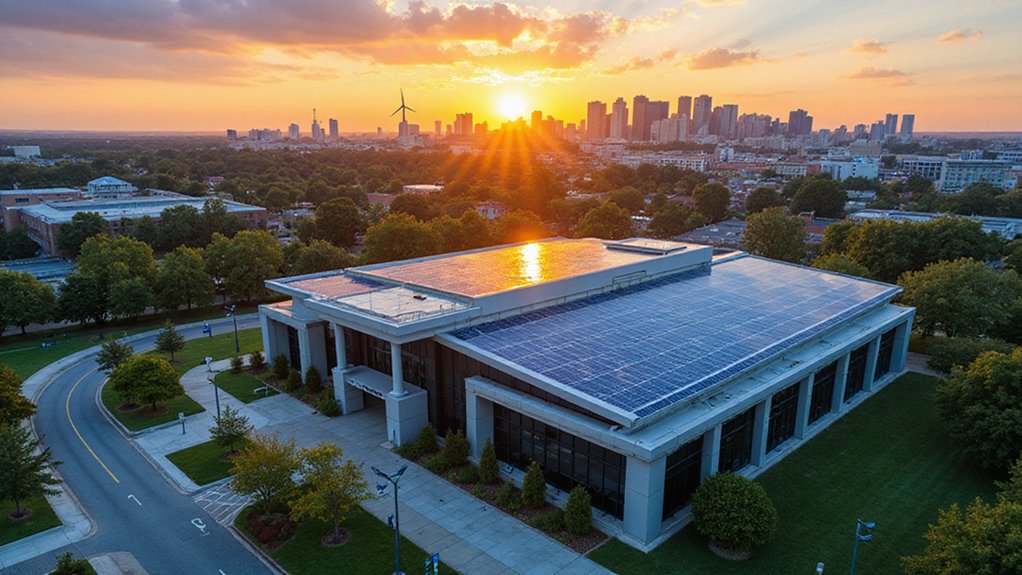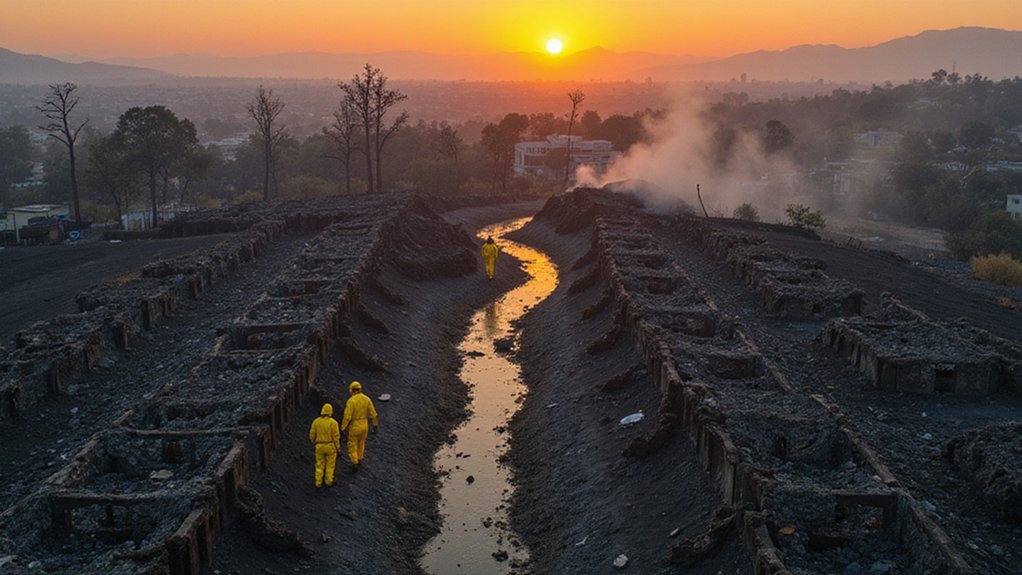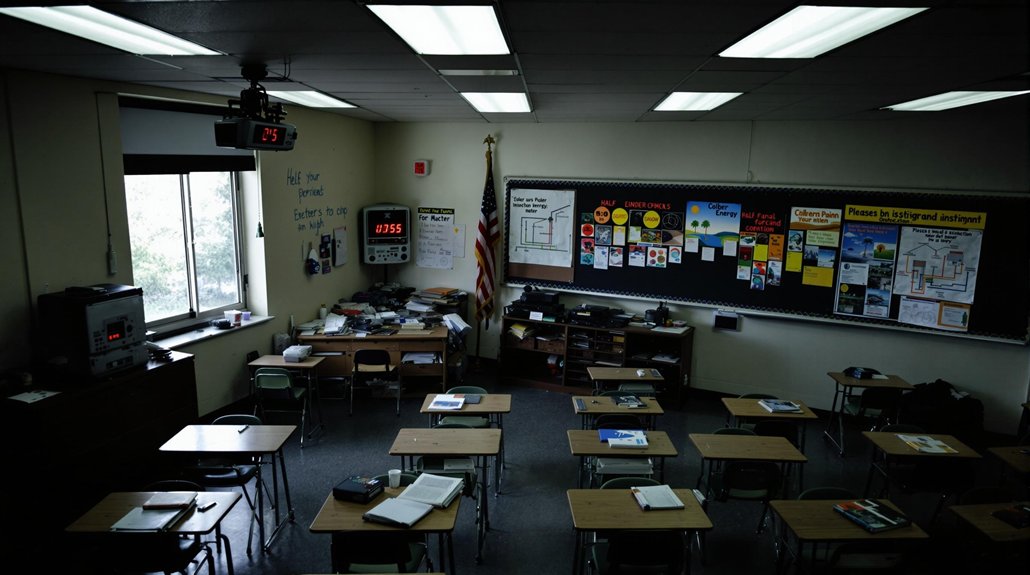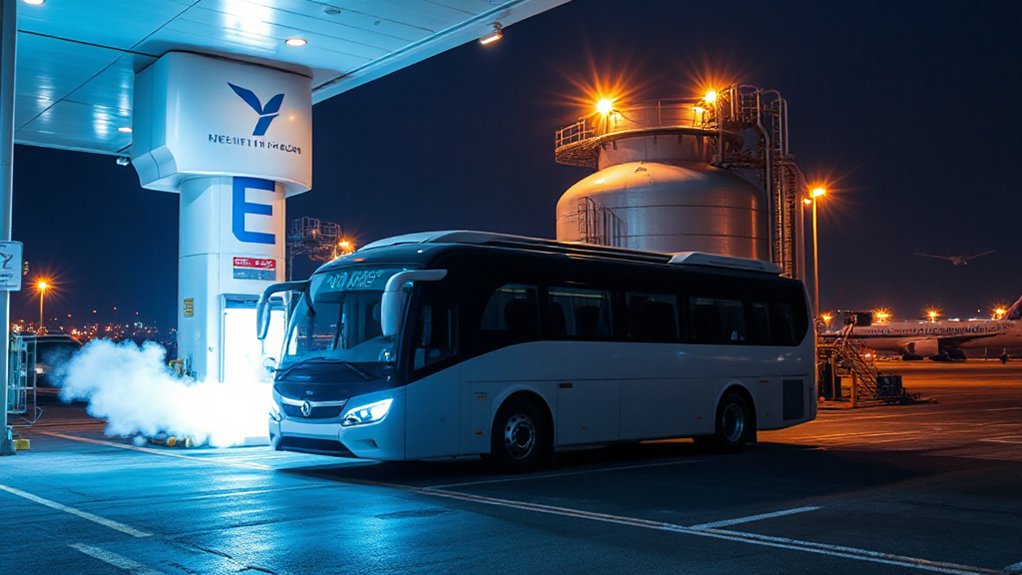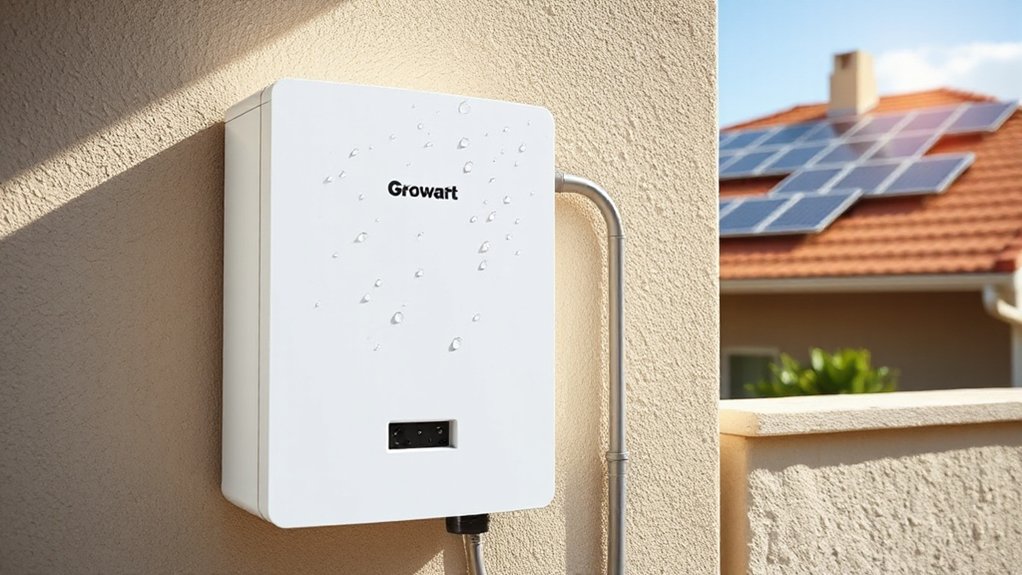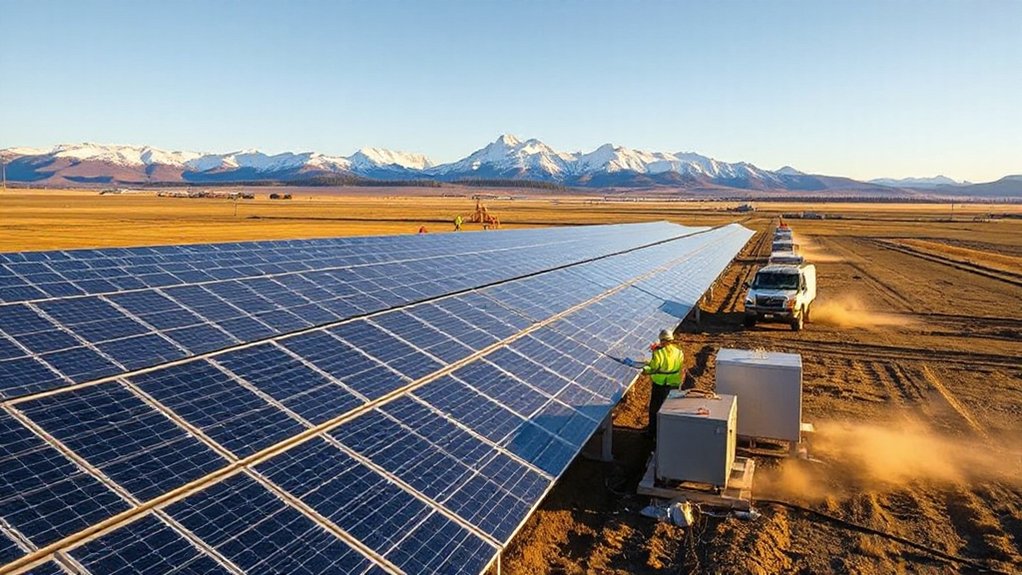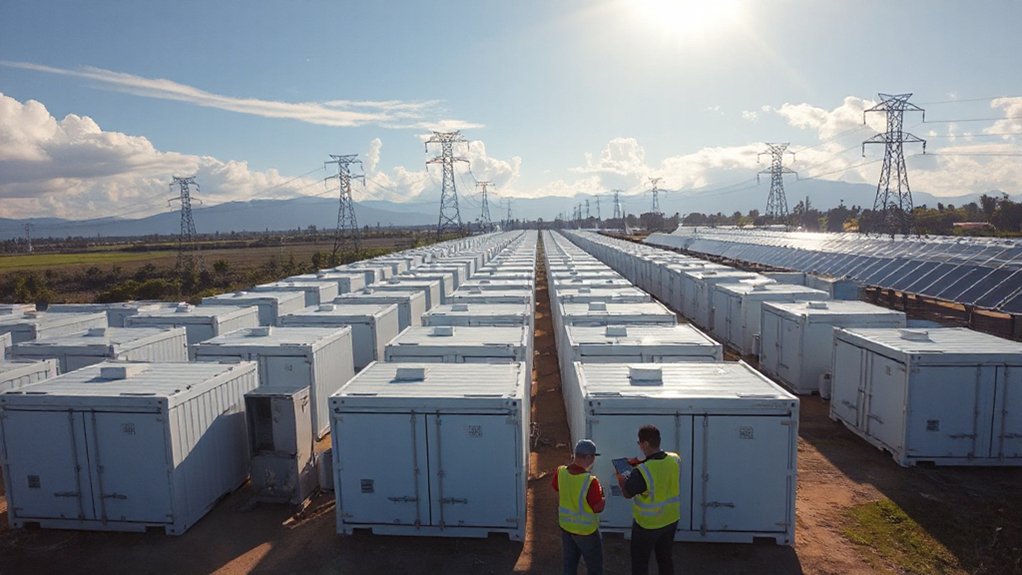City mayors are stepping up where federal governments stumble. Nearly 350 U.S. mayors representing 60 million Americans have joined the Climate Mayors coalition. That’s 46 states worth of local leaders who got tired of waiting for Washington to act.
These mayors aren’t messing around. San Diego committed to net-zero emissions by 2035. Not 2050 like everyone else—2035. The U.S. Conference of Mayors has over 1,000 members backing the Climate Protection Agreement. Meanwhile, the C40 Cities network connects almost 100 mayors globally who actually want to do something about the climate crisis. These 97 member cities represent over 22% of the global economy, showing the massive economic power behind local climate action.
San Diego’s racing to net-zero by 2035 while others dawdle until 2050
What makes this work? Networks. Cities share technical expertise and best practices without the usual bureaucratic nonsense. They’re setting targets that meet or exceed the Kyoto Protocol standards. Many are switching municipal buildings to 100% renewable energy right now. No committees studying the issue for another decade.
The money part gets creative. Public-private partnerships, green bonds, dedicated sustainability funds—mayors are finding cash wherever they can. They’re smart enough to work with labor unions too, making sure clean energy means jobs, not layoffs. Federal and state grants help, but these cities aren’t sitting around waiting for handouts. These municipal initiatives reflect broader economic trends where renewable investments now receive $1.70 for every dollar invested in fossil fuels.
Training matters. Programs like ICLEI USA’s Climate Action Training teach mayors how to build real plans based on actual science. Smaller cities get the same resources as big ones. No city left behind, apparently.
Here’s what’s different: community engagement that isn’t fake. San Diego talked to 4,000 residents before finalizing their climate plan. Real input from real people. And equity isn’t just a buzzword—these plans target benefits for underserved communities first.
Cities track progress with public dashboards. Transparency. Accountability. Regular reports showing actual emissions declines from local clean energy projects. Anti-sprawl policies, urban forest restoration, energy efficiency upgrades—it’s all happening at the local level. Major cities like Boston under Michelle Wu, Tucson with Regina Romero, and Cleveland led by Justin Bibb are proving that local climate leadership works.
The transformation isn’t coming from DC or international summits. It’s coming from city halls across America where mayors decided their personal climate convictions matter more than political calculations.
